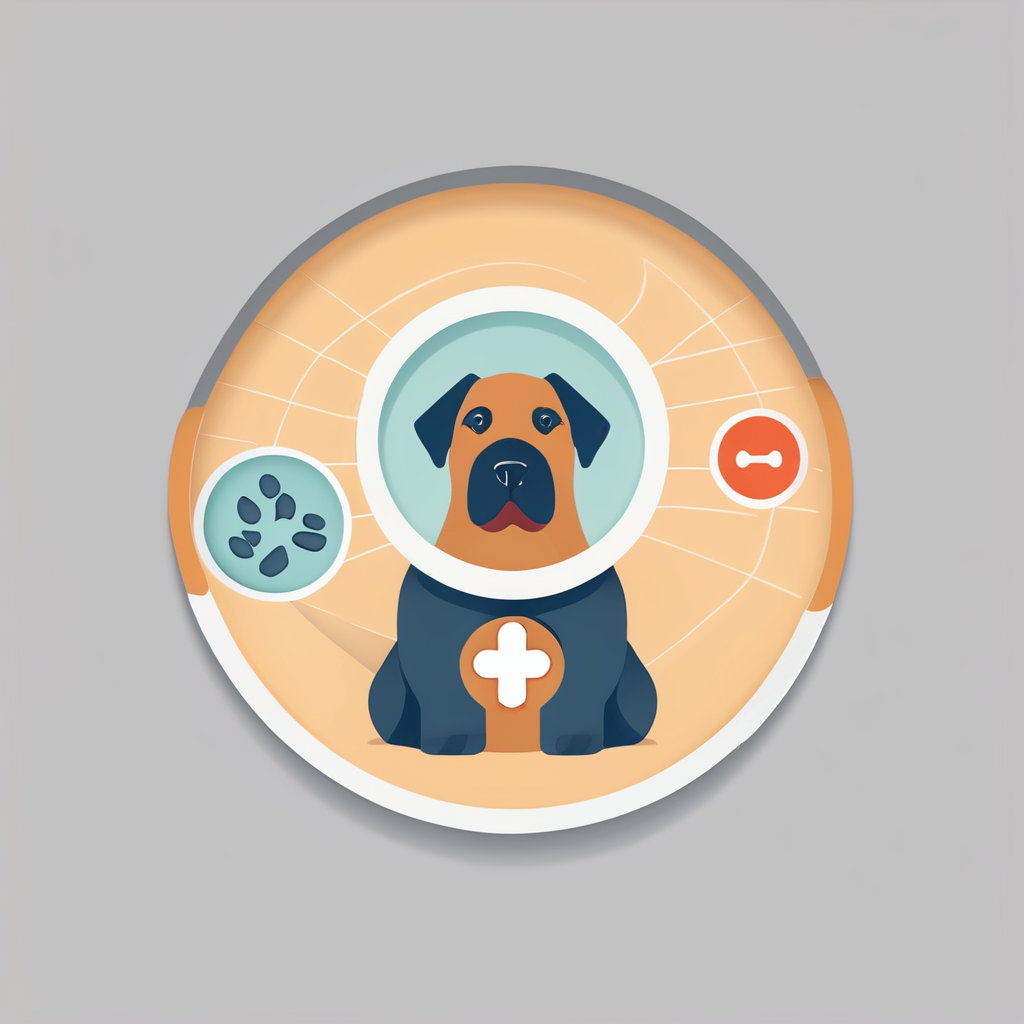Understanding Seizures in Border Collies
Seizures in border collies present a distinct challenge due to their unique behavior patterns and needs. Seizures can range from mild to severe, significantly impacting a dog’s overall health and well-being. Recognising the early signs is crucial for owners to seek timely intervention and support. Common triggers include stress, dietary changes, or underlying health conditions. Physiologically, seizures may be triggered by neurological interruptions, while psychologically, intense fear or anxiety can also lead to such episodes.
Early seizure recognition plays a pivotal role in border collie health management. Spotting early warning signs involves understanding shifts in typical border collie behavior. Owners may notice sudden aggression, unexplained fear, or lethargy as potential precursors. Physically, look for trembling, excessive drooling, or unsteadiness. These indicators necessitate a swift response.
This might interest you : What should I know about the effects of certain human foods on my dog’s health?
Moreover, physiological or psychological triggers, once identified, can help in developing effective management plans. A thorough comprehension of a border collie’s behavior during these episodes enables owners to provide better care, enhancing the pet’s quality of life. Thus, a proactive approach in seizure recognition and understanding individual dog health indicators is vital for maintaining the overall wellbeing of these spirited dogs.
Recognizing Early Signs of Seizures
Understanding seizure alerts is crucial for any dog owner, especially those with border collies. Recognising changes in behavior monitoring can lead to the early detection of a seizure.
Topic to read : How do I recognize and address separation anxiety in my dog?
Owners should look out for unusual behavioral changes such as sudden aggression, excessive fear, or avoidance. These changes can be subtle, yet they often precede a seizure. Physical symptoms are also telltale signs: clumsiness, tremors, and drooling may all indicate an impending attack. These symptoms require close attention and prompt action.
Drawing insights from expert opinions and case studies strengthens an owner’s ability to predict these episodes. For instance, a documented case might show a border collie that exhibited specific behaviors consistently before a seizure. Veterinarians and behaviour specialists often share these details to aid in early detection.
Informed observation is key: noticing the minor shifts and patterns in your border collie’s actions can make an enormous difference. Owners are encouraged to maintain a calm yet vigilant stance, keeping track of these behaviors and symptoms to ensure their pet receives the care they need promptly.
Monitoring Your Dog’s Behavior
Consistent behavior tracking is essential for pet owners, particularly those with border collies prone to seizures. Observing and noting even slight shifts in daily activities aids in recognising patterns that may precede seizure events.
Developing effective pet owner strategies involves establishing a routine for your dog. This could include regular feeding times, exercise, and rest periods, which help in detecting deviations from normal behavior. Implementing a log, either on paper or digitally, can be invaluable. Record any unusual behaviours such as increased restlessness or changes in appetite, as these may serve as early indicators of health issues.
Maintaining consistency in daily routines enhances your ability to spot potential warning signs. A structured regimen will make it easier to notice discrepancies or subtle alterations in your dog’s demeanour. This proactive approach not only supports the well-being of your border collie but also equips you with the necessary data to discuss with a veterinarian if health concerns arise.
In short, because behavior tracking requires diligence and attention to detail, it empowers dog owners to safeguard their pet’s health and ensure timely interventions.
Emergency Preparation Strategies
Being prepared for a seizure incident is crucial for any dog owner. Developing a comprehensive emergency plan ensures you can respond effectively and minimise stress for your border collie. Start by identifying your local emergency veterinary professionals in case immediate medical attention is required.
Creating a seizure preparedness kit is essential. Include items such as towels to protect your dog during a seizure, a notebook to track the event details, and any prescribed medications. Keeping these handy will enable you to act swiftly and efficiently.
In the event of a seizure, remain calm and ensure your dog’s safety by moving objects out of their way. Avoid restraining your pet or putting anything in their mouth. Once the seizure ends, it’s important to comfort your dog and observe their recovery phase closely. Recording the duration and symptoms in a log can provide valuable data for your veterinarian.
Proactively equip yourself with the knowledge of these emergency steps to make informed decisions when facing a crisis. Having a clear and effective plan solidifies your preparedness and offers peace of mind for both you and your loyal companion.
Resources and Support
Navigating the challenges of seizure management in border collies requires access to a variety of dog health resources. It’s crucial for pet owners to seek professional guidance from veterinarians and specialists familiar with seizure disorders. These experts can offer tailored advice and effective treatment plans that cater specifically to the needs of border collies.
Engaging with online platforms can provide invaluable insight. Many support groups and forums are dedicated to individuals experiencing similar issues with their dogs. These communities offer a space to share experiences, advice, and coping strategies, fostering a sense of solidarity among dog owners.
In addition to professional help, peer community support plays a pivotal role. Knowing there is a network ready to offer assistance and encouragement can ease the emotional burden of managing a pet’s health. Such connections may also lead to discovering expert-recommended resources and treatments previously unknown to the owner.
Initiating contact with these networks and professionals early on in your journey ensures you are equipped to manage any situation effectively and compassionately, thus enhancing your pet’s quality of life.









